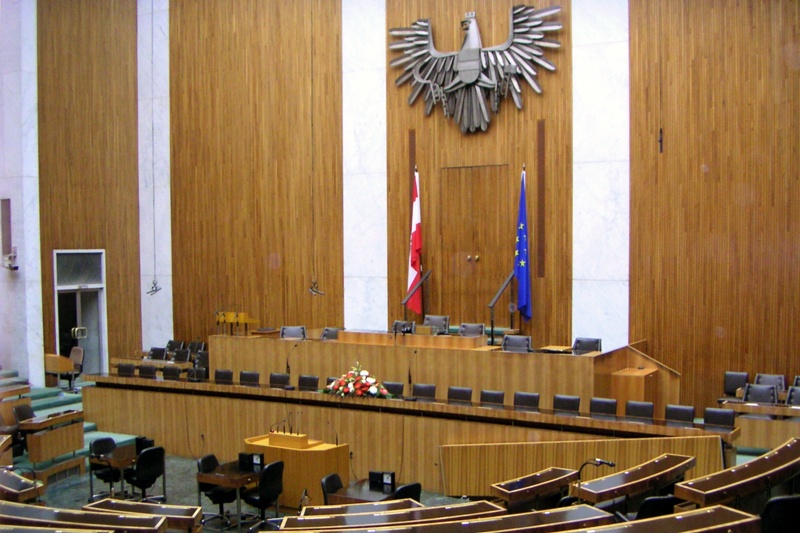Sponsored Content
Democracy in Austria: Index Shows Significant Deterioration
According to the Democracy Index presented today, the state of Austrian democracy has deteriorated significantly. In particular, there are worrying developments in the areas of fundamental rights, civil society, and the media.
 Once a year, the index describes the status and development of democratic indicators in Austria. / Picture: © Wikimedia Commons/ Peter Binter/ CC BY-SA 2.0 (https://creativecommons.org/licenses/by-sa/2.0)
Once a year, the index describes the status and development of democratic indicators in Austria. / Picture: © Wikimedia Commons/ Peter Binter/ CC BY-SA 2.0 (https://creativecommons.org/licenses/by-sa/2.0)
The index, which is compiled once a year by nine democratic policy organizations in the “Democracy Index” association, describes the state and development of democratic indicators in Austria. After stabilizing in previous years, the overall value of the index fell by 0.6 percentage points from 55.7 to 55.1 percent, confirming the downward trend.
Seven institutions of…
or Log In
Fast News Search





